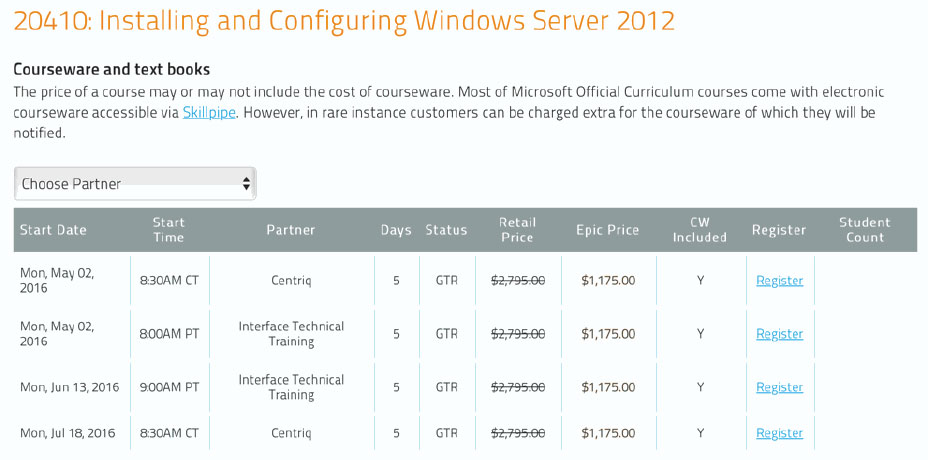C)PEH: Certified Professional Ethical Hacker
About this Course
The Certified Professional Ethical Hacker vendor neutral certification course is the foundational training to mile2’s line of penetration testing courses.The CPEH certification training enables students to understand the importance of vulnerability assessments by providing industry knowledge and skills in Vulnerability Assessments. In doing so, the CPEH student is able to understand how malware and destructive viruses function. In addition, the CPEH course helps students learn how to implement counter response and preventative measures when it comes to a network hack. The CPEH course provides in-depth labs that focus on both open source and commercial based tools with industry best practices. These hands on labs emulate real world hacking scenarios and equip the candidate to assess your company’s security posture, help implement controls to better secure your company’s network infrastructure and how to combat against hackers and/or viruses, etc.
Mile2 Accreditations:
- Accredited by the NSA CNSS 4011-4016
- Is approved and has been placed on Homeland Security’s National Initiative for Cyber Security Careers and Studies (NICCS) training providers and maps to the National Cybersecurity Workforce Framework
- Preferred cyber certification for the FBI
Audience Profile
Information System Owners
Security Officers
Ethical Hackers
Information Owners
Penetration Testers
System Owner and Managers
Cyber Security Engineers
At Course Completion
Upon completion, the Certified Professional Ethical Hacker candidate will be able to competently take the CPEH exam.
Outline
Module 1 - Security Fundamentals
Module 2 – Access Controls
Module 3 - Protocols
Module 4 -Cryptography
Module 5 - Why Vulnerability Assessments?
Module 6 - Vulnerability Tools of the Trade
Module 7 - Output Analysis and Reports
Module 8 - Reconnaissance, Enumeration & Scanning
Module 9 - Gaining Access
Module 10 - Maintaining Access
Module 11 - Covering Tracks
Module 12 - Malware
Module 13 - Buffer Overflows
Module 14 - Password Cracking
Appendix 1 - Economics and Law
Appendix 2 - Vulnerability Types
Appendix 3 - Assessing Web Servers
Appendix 4 - Assessing Remote & VPN Services
Appendix 5 - Denial of Services
Prerequisites
12 months of IT security experience
12 months of Networking Experience

